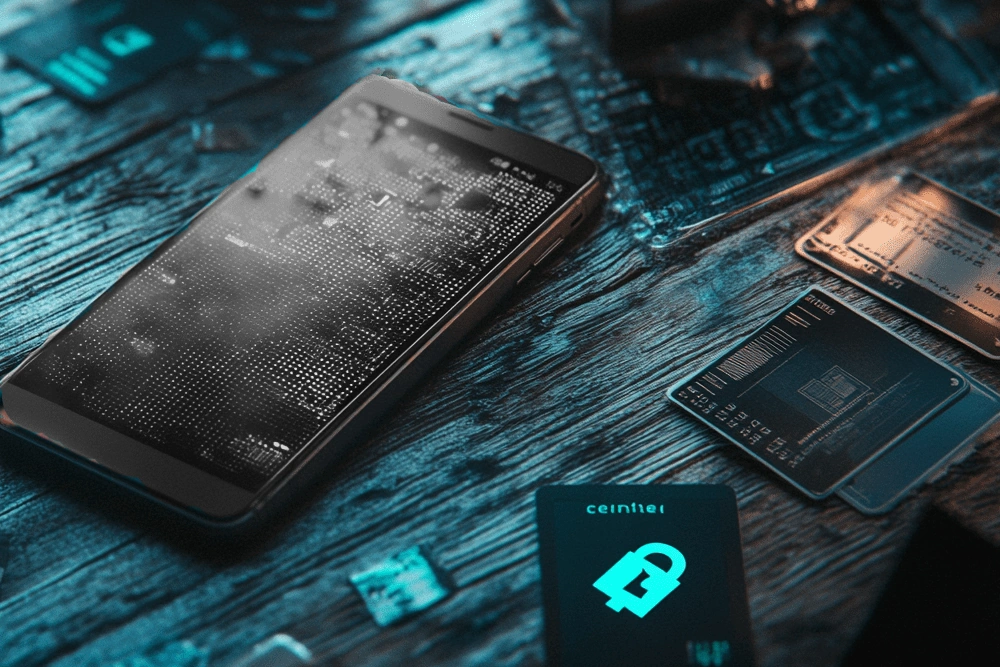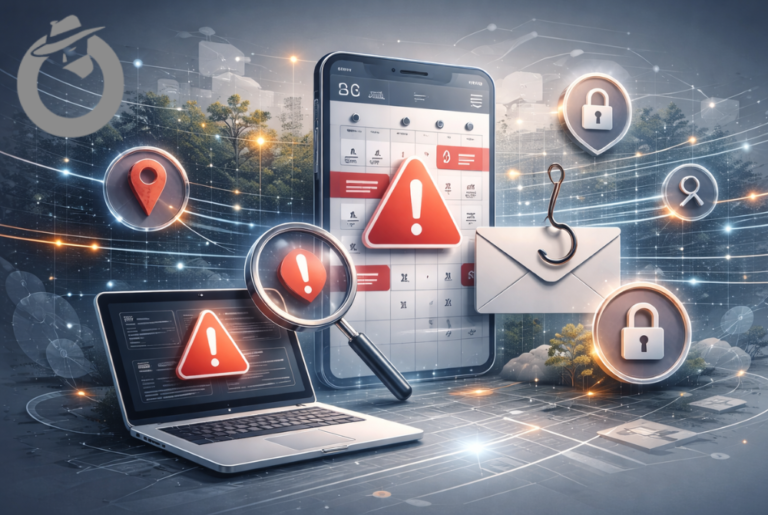What You Need to Know
Most phones are built to track you.
- Carriers want your ID, platforms want your accounts, and resellers keep logs.
If you want a device that doesn’t tie back to your identity, you must be deliberate about how you buy it.
We’ve put together a full guide on buying a used phone for privacy. Here’s the high-level breakdown.
🟠 Buy with Cash When You Can
Cash transactions are the cleanest. Pawn shops, flea markets, and classifieds all make it possible — but they’re not risk-free. Some pawn shops and kiosks require ID by law, and kiosks like ecoATM log serial numbers. Always test before buying, and bring your own power bank and SIM tool to check functionality on the spot.
🟠 Refurbished Phones: Safer Hardware, Worse Anonymity
If device quality matters more than anonymity, refurbished markets like Back Market, Swappa, and Amazon Renewed are worth considering. You’ll get warranties and some guarantee the phone works — but you’ll also leave a digital paper trail. Even with prepaid gift cards, most platforms link back to accounts. For privacy, that tradeoff matters.
🟠 Using an Old or Borrowed Phone
This is the lowest-cost option, but also the riskiest. A phone tied to someone you know leaves a path back to you. Even after wiping, metadata can connect the device to its past. If your use case is sensitive (think high-risk, high-net-worth, activism, investigative journalism) skip this route entirely.
🟠 What to Look For in Any Device
- Unlocked so you can use prepaid SIMs.
- 2–4 years old with 4G LTE support. Not too new, not too old.
- No accounts or locks (iCloud, Google, or carrier).
- Factory reset capable on-site before you buy.
- Battery health checked and replaceable if needed.
- IMEI verified to avoid stolen or blacklisted phones.
- https://imei24.com checks GSMA blacklist and more across many countries (USA, UK, Canada, Brazil, etc.)
- https://www.imei.info Detailed reports on stolen/lost status, SIM-lock status, warranty info, even device specs.
- https://imeicheck.com/imei-check Free check of status, blacklist, simlock, model, specs, warranty
🟠 Don’t Skip Device Integrity
Used phones are a common attack vector. Before trusting one:
- Run checks with tools like MOBILedit Forensic Express (professional).
- For iOS, scan with iVerify.
- For advanced analysis, use MVT (Mobile Verification Toolkit) from Amnesty Security Lab.
If you can’t clear the device, don’t use it.
🟠 Critical Notes
- Stolen devices: Don’t touch them. Possession alone can land you in trouble.
- SIM strategy: Many regions require ID. Look for data-only SIMs or sources with looser requirements.
- Burner lifecycle: Rotate devices often. Don’t log personal accounts into them. Don’t reuse for sensitive work.
Obscure Insights
Buying a phone for privacy isn’t just about the model. It’s about how and where you get it. Cash keeps you cleanest. Refurbished sites offer quality but at the cost of traceability. Borrowed devices are rarely worth the risk.
The details matter. If you’re serious about building a phone setup that works off the grid, set up a call with ObscureIQ for advice. Or read the full guide here:




